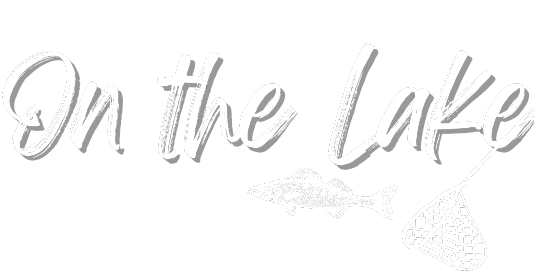Most of us are antsy to get our boats back in the water after a long, cold winter. Some have even taken our boats to the southern parts of Illinois, or even as far south as Kentucky or Tennessee to extend the season. But the important question is: is your boat really ready to be “on the water” this Spring?
(This page may contain affiliate links, which means I may earn a small commission if you click through and make a purchase. You can read our Affiliate Disclosure here.)
I’m guessing that it’s not. And the reason is that most of us are so ready to be back on the water that we don’t really pay much attention to the most basic of preparation steps. And most of the time, the places that we normally go boating/fishing won’t challenge our watercraft or us beyond our ability to respond.
But don’t fool yourselves; in the event of an emergency or other “situation,” are you and your boat truly ready for spring? Here are a few basics to consider before you even leave the garage.
Make Sure Trailer Hubs/Bearings are Properly Greased
Maybe you didn’t have the time to get the bearings repacked last Fall, or maybe you didn’t think you needed to have it done. But if even a tiny bit of water has crept inside those hubs and been allowed to sit there over the winter, rust may have begun to form. An ounce of prevention – and a few dollars spent now – will keep a hub from locking up and robbing you of valuable vacation time… and maybe worse. Read my article about towing and trailering.
Make Sure Trailer/Wiring Connections are Working Properly
It’s a fairly simple task to check to make sure that the wiring harness and all the lights are still functioning properly. It’s also much less frustrating to find a problem before you hook up the boat on the morning of your long-awaited vacation… Read my article about towing and trailering.
Check the Local Laws of the Lakes You Will Visit
Are you sure that you have all of the necessary and required gear? Do you have a throwable life preserver, a working horn or air-horn, a valid registration and other necessary papers on-board the boat? And most importantly, do you have a means of signaling for help? This could be anything from a signal flare to a cell phone. If you get into trouble, you need a way to call for help. Check Boating Regulations by state
Have You Purchased Your Fishing License?
Take some time on one of these dreary and cold late Spring days and purchase or renew your license on-line. Then all you have to do is to stow it in a waterproof container in your boat. The DNR needs to actually see the license. So, it’s better to have it stowed in your tackle box or boat than back at the cabin! Get your state license online.
Check Starting and Trolling Batteries!
Unless you have the ability to store your boat with an intermittent charger, or you had the foresight to disconnect and take the batteries out of your boat, they may be totally discharged. It’s no fun to get 500 or 600 miles north and hop into the boat… only to find your batteries are dead. Even if there is a store nearby, chances are that the price of the batteries and the down time will cause a little unnecessary “boater’s rage”. Read my article about boat batteries.
Make Sure Your Insurance is Up To Date!
Take a few moments to make sure the amount of coverage you currently have is accurate. Now is also a good time to compare rates and possibly get another quote. Read my article about boater’s insurance.
I hope that these few, but simple bits of advice will help to make your vacation/fishing trip a more enjoyable one and a safer one too.
R. Karl
